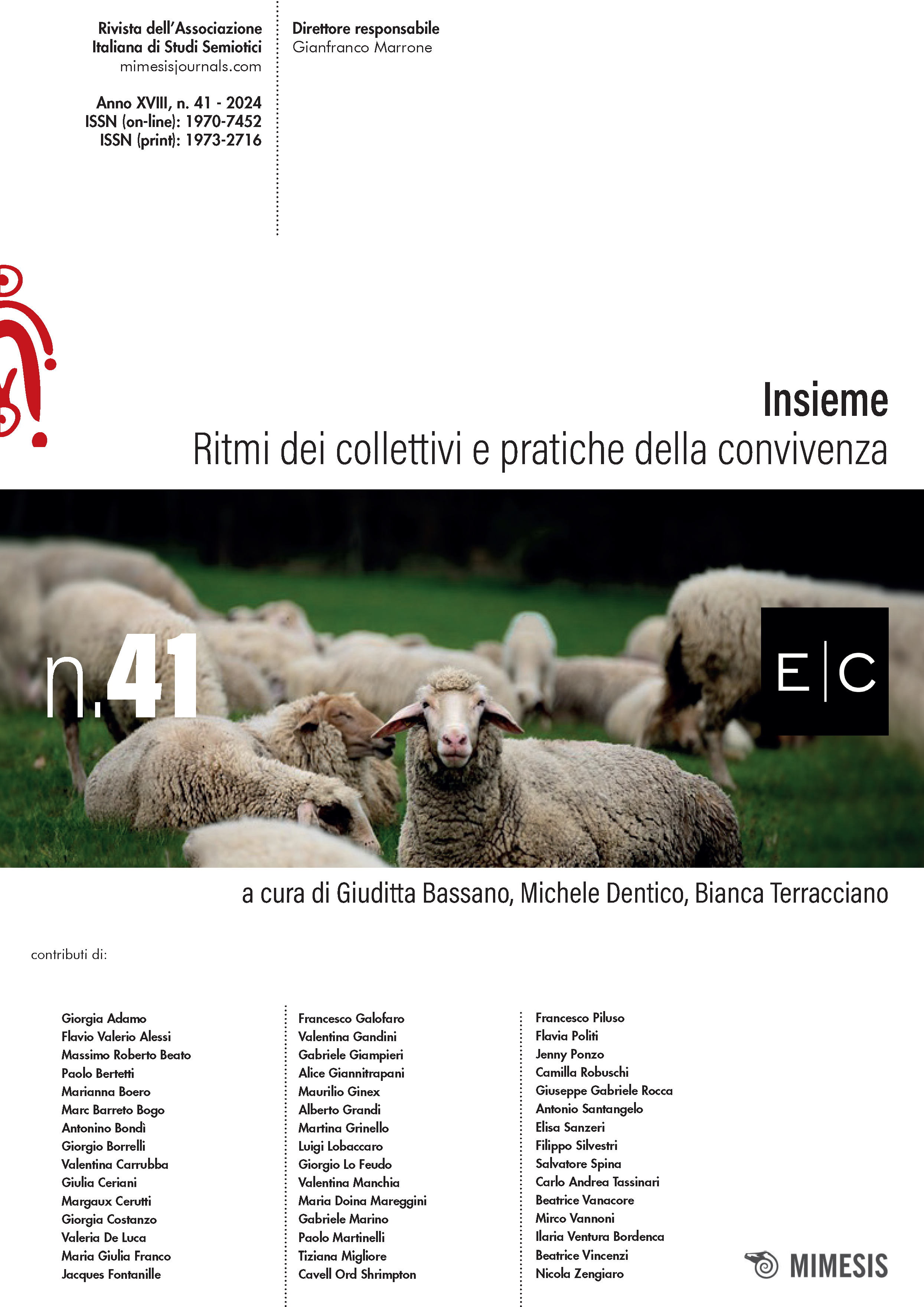Communitarian Solitude. Some Reflections on the Writings of Michel Houellebecq
Abstract
This article investigates the concept of living together through the writings of one of the modern bard of loneliness: Michel Houellebecq. The article starts presenting the contemporary social changes related to communities’ fragmentation and re-organization around a collective or mass loneliness. It then argues that Houellebecq’s literature navigates this state of loneliness, both by providing its faithful representation and by attempting its literary solutions. It will be shown that such attempts are impossible and continuously frustrated within the narratives. The true victory over loneliness is achieved through contact with the reader via forms of passive activism and negative empathy, which modulate the readers through a compassionate clash with the protagonists. In conclusion, it will be shown how Houellebecq’s literature acquires a social status capable of reassembling collective loneliness by sharing it. The collective loneliness could become in Houellebecq novels a communal solitude through what Barthes called the sharing of distances.



